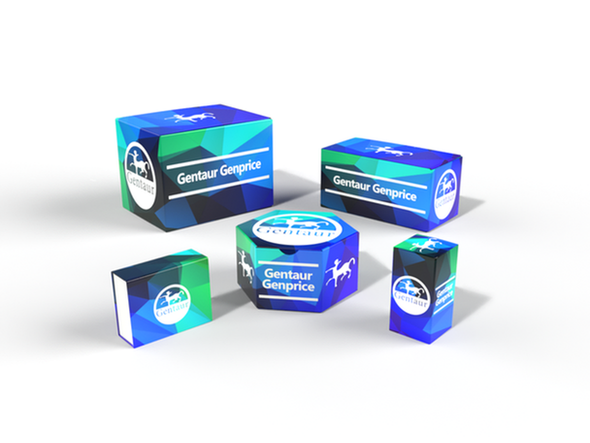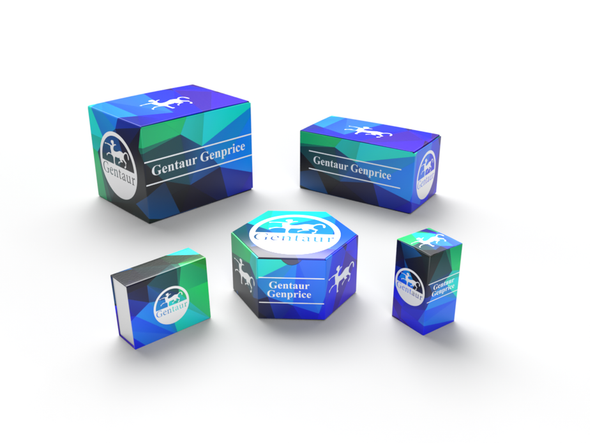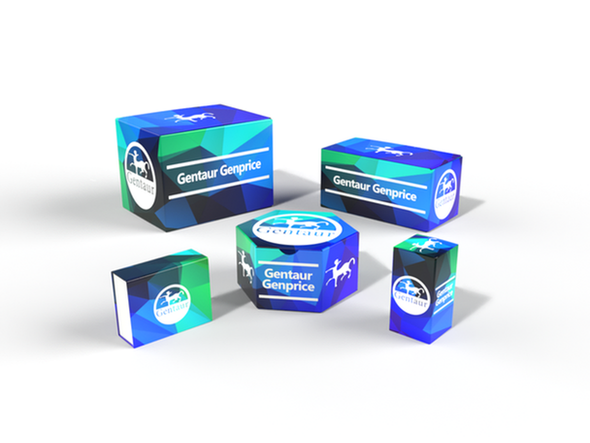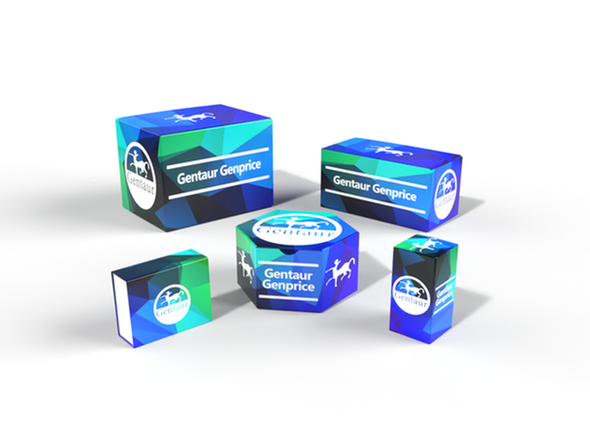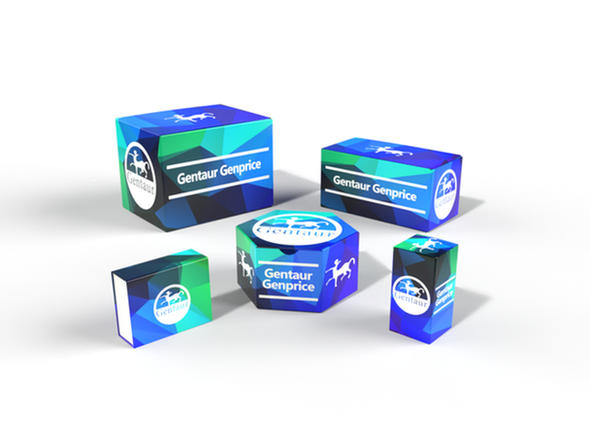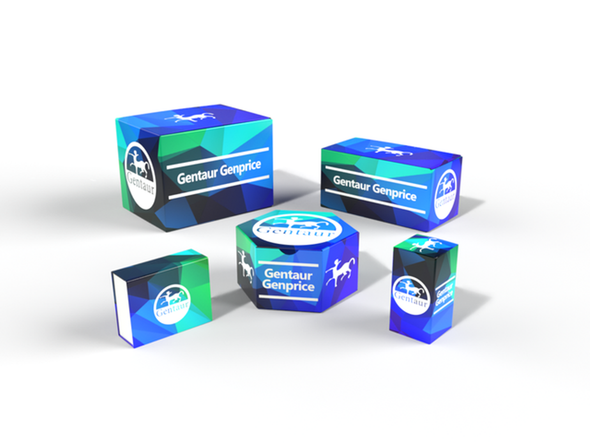BW
JNK3 (K391) polyclonal Antibody | BS2017
- SKU:
- BW-BS2017
- Availability:
- Usually ships in 5 working days
Description
JNK3 (K391) polyclonal Antibody | BS2017 | Gentaur UK, US & Europe Distribution
Host: Rabbit
Reactivity: Human,Mouse,Rat
Application: WB IHC IF
Application Range: WB: 1:500~1:1000 IHC: 1:50~1:200 IF: 1:50~1:200
Background: MAPK10 (JNK3) is a member of the MAP kinase family. MAP kinases act as an integration point for multiple biochemical signals, and are involved in a wide variety of cellular processes such as proliferation, differentiation, transcription regulation and development. This protein is a neuron-specific form of c-Jun N-terminal kinases (JNKs) . Through its phosphorylation and nuclear localization, this kinase plays regulatory roles in the signaling pathways of neuronal apoptosis. Beta-arrestin 2, a receptor-regulated MAP kinase scaffold protein, is found to interact with and stimulate the phosphorylation of this kinase by MAP kinase kinase 4 (MKK4) . Cyclin-dependent kianse 5 (CDK5) can phosphorylate and inhibit the activity of this kinase, which may be important in preventing neuronal apoptosis. Four alternatively spliced transcript variants encoding distinct isoforms have been reported.
Storage & Stability: Store at 4°C short term. Aliquot and store at -20°C long term. Avoid freeze-thaw cycles.
Specificity: JNK3 (K391) polyclonal Antibody detects endogenous levels of JNK3 protein.
Molecular Weight: ~ 53 kDa
Note: For research use only, not for use in diagnostic procedure.
Alternative Names: Mitogen-activated protein kinase 10; MAP kinase 10; MAPK 10; MAP kinase p49 3F12; Stress-activated protein kinase 1b; SAPK1b; Stress-activated protein kinase JNK3; c-Jun N-terminal kinase 3; MAPK10; JNK3; JNK3A; PRKM10; SAPK1B
Immunogen: Synthetic peptide, corresponding to amino acids 380-420 of Human JNK3.
Conjugate: Unconjugated
Modification: Unmodification
Purification & Purity: The Antibody was affinity-purified from rabbit antiserum by affinity-chromatography using epitope-specific immunogen and the purity is > 95% (by SDS-PAGE) .
Pathway:


